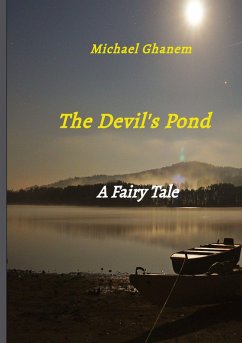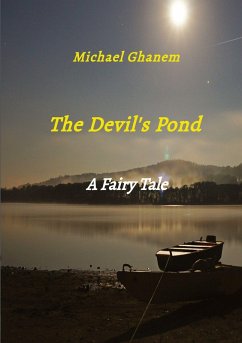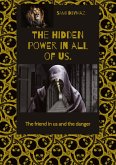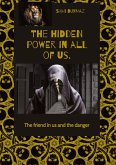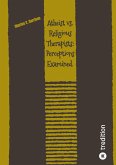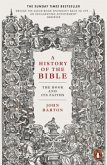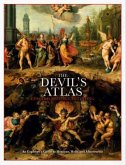Fairy tales about human weakness and strength in the face of the devilish temptations of evilOnce upon a time, there was a pond called the Devil's Pond in the Orléans area. Since the Middle Ages, many stories have been told about it, which have survived to this day and can be applied to modern times.The author was inspired by fairy tales from his childhood. In the past, such fairy tales were used to educate the children of kings and the elite, teaching them to think and act ethically and to strive for moral behaviour.Fairy tales always have a moral message, even if this is considered outdated by a large part of the population today. Especially in times of upheaval in the existing world order due to wars, epidemics and natural disasters, the weaknesses of human beings and the absurdity of their actions ultimately become apparent. In particular, the neoliberal economic policies of recent years, the relocation of a large part of production and the dependence of most of the world on one or two countries make it clear how high the price of short-term greed for power and wealth is for humanity. It is therefore time to rethink everything and remember some fairy tales and stories.The author does not want to be a moralist or a know-it-all; he is simply trying to hold up a mirror to all of us, including himself, with this little fairy tale - in the hope that we will all return to the essentials in life.
Bitte wählen Sie Ihr Anliegen aus.
Rechnungen
Retourenschein anfordern
Bestellstatus
Storno

